Welcome to the amazing, diverse world of insects. These little creatures are not merely bothersome pests, but invaluable contributors to our ecosystem. From the lush tropics to harsh cold terrains, they inhabit every corner of our planet. Let’s delve into the fascinating universe of bug habitats.
Understanding the Importance of a Bug Habitat
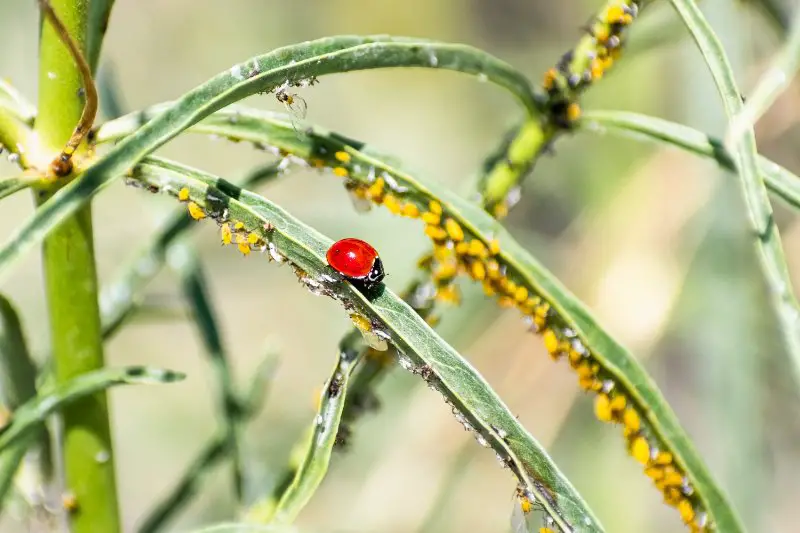
We share our Earth with millions of insect species. Dazzling in their variety, insects play a key role in maintaining ecological balance. Often overlooked, these smallest of beings are hard at work pollinating flowers, decomposing organic matter, aerating soil, controlling pest populations, and doing so much more.
From the tiniest fruit fly to the most industrious ant, bugs execute crucial tasks that sustain our ecosystems. And they accomplish this in myriad habitats, each one tailored to meet their unique needs.
Insects Involved in Agriculture
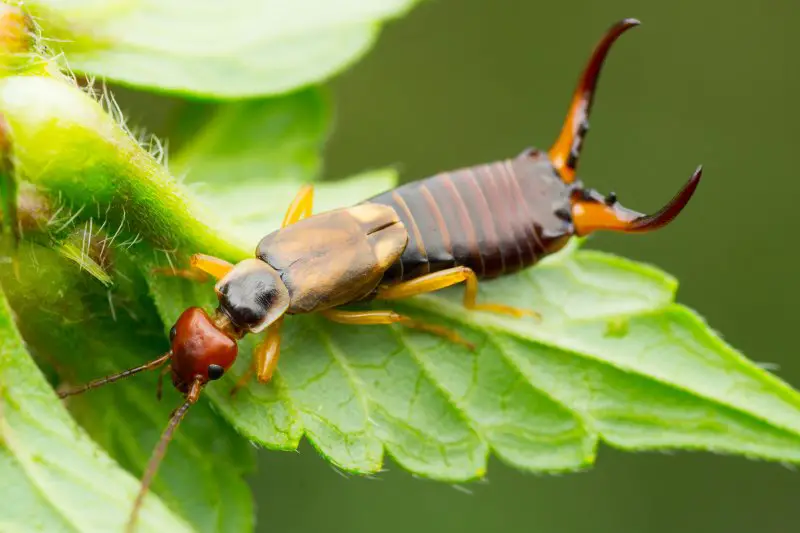
You will find a symbiotic relationship flourishing between insects and farmers. Various insects foster crop production by enabling pollination, while others help control pests that can harm crops. This mutualism has led to the creation of specific bug habitats in fields, gardens, and orchards.
Role in Pollination
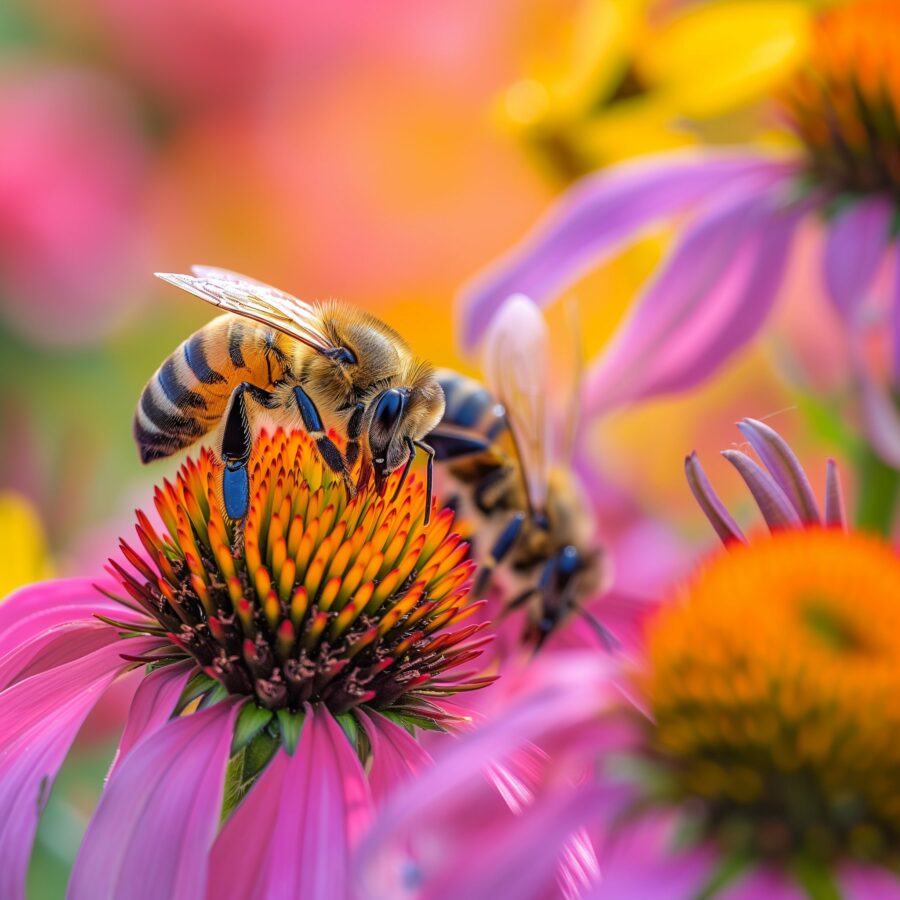
Fruit growers, for instance, greatly depend on the bugs bustling in bug habitats for the pollination of their trees. But it’s a delicate balance. Attract advantageous insects while holding destructive bugs at bay is vital to safeguard their yield. As nature would have it, each bug habitat has its own set of predators keeping everything in equilibrium.
Cycle of Life & Insects
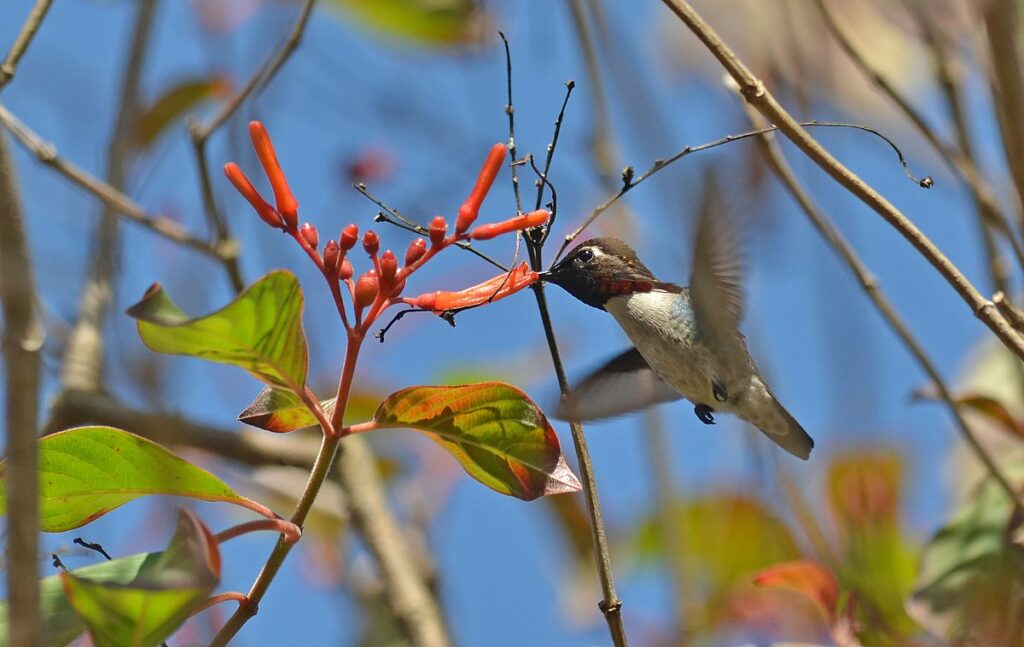
As we probe deeper into the workings of a bug habitat, we see the widely acknowledged “circle of life” in play. The nutrients from the slow, diligent nibbling on plants by bugs nourish the next level of consumers in the food chain.
Without insects as a primary food source, we might see declines in the populations of various bird species, small mammals, as well as reptiles and amphibians. It’s a cascading effect that would eventually impact larger predators, including humans.
Preservation of Bug Habitats – Our Responsibility
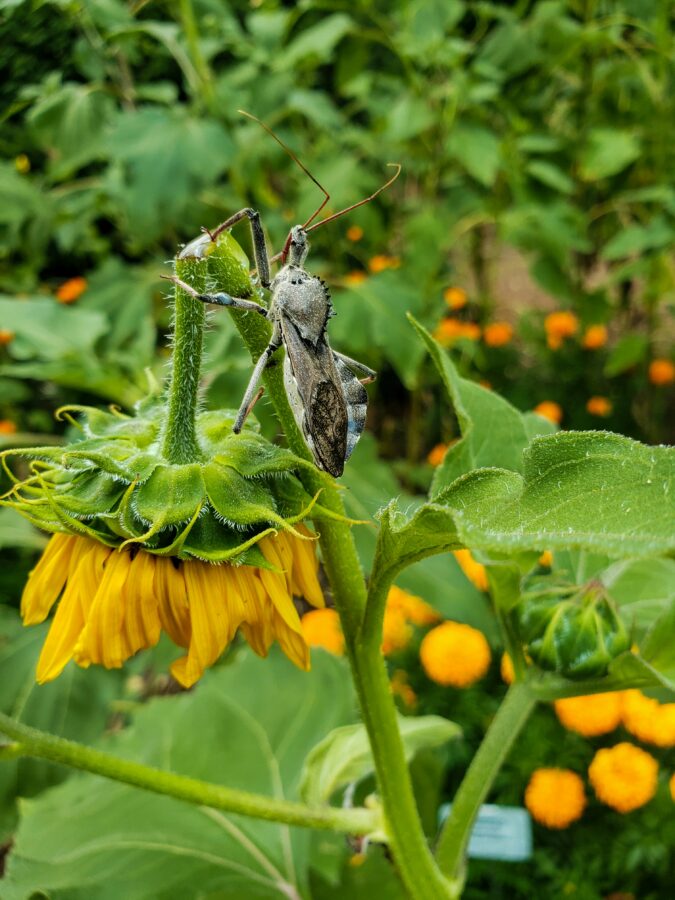
To keep our ecosystems in optimal condition, we must respect and strive to conserve bug habitats. Excessive use of pesticides can obliterate insect populations, disturb the food chain and reduce farm yields. An organic approach to farming, that harnesses the benefits of insects and supports the proliferation of bug habitats, is a sustainable option we should all consider.
Benefits associated with the conservation of bug habitats include:
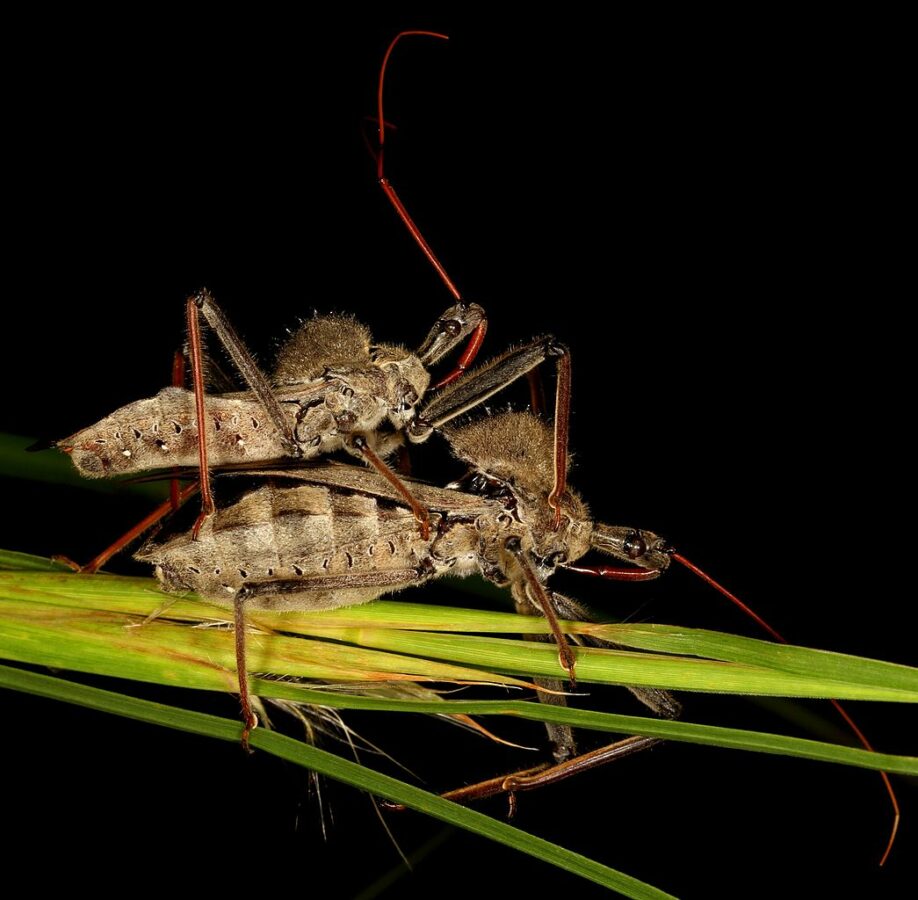
- Boost to farm yields with natural pollination processes
- Natural pest control reducing the need for chemical interventions
- Maintenance of the food chain, supporting numerous bird and animal species
- Preservation of our ecosystems ensuring a healthier planet for future generations
So, the next time we view a bug, let’s remember the significant role they play in our world. In their tiny habitats, they are working tirelessly to keep our planet in balance.